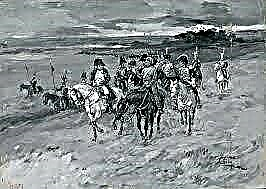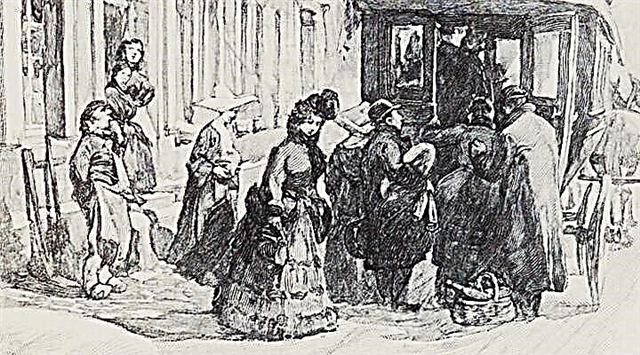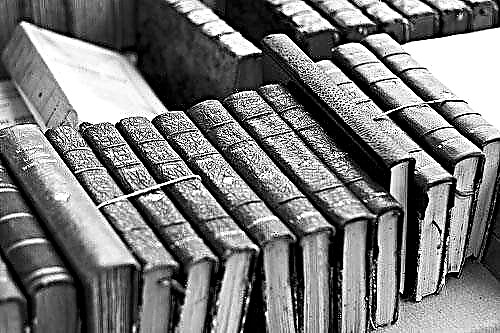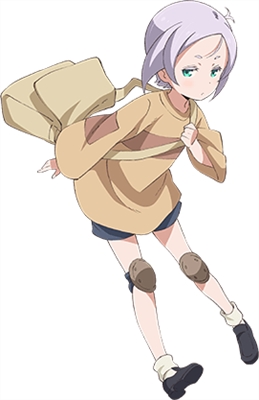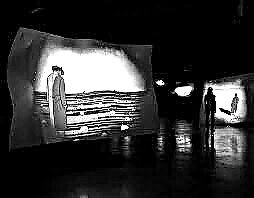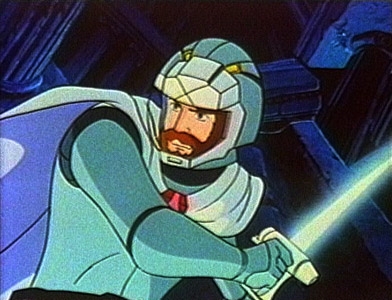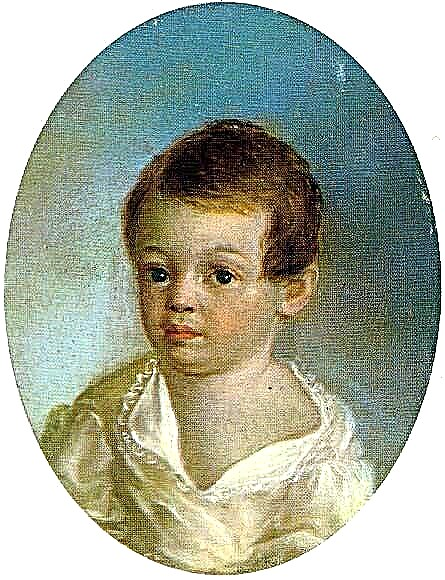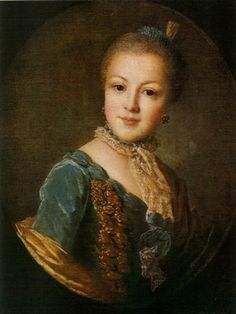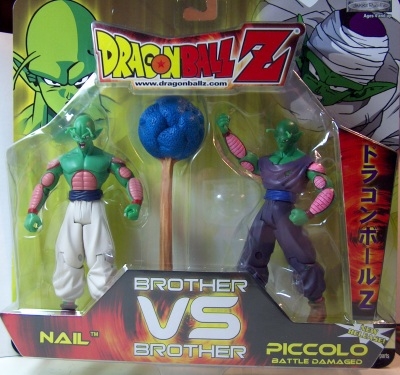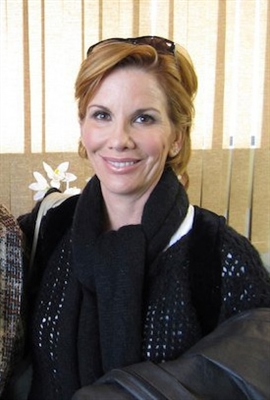(450 words) It is human nature to idealize what he sees and knows, so his imagination sometimes very much distorts what is. When he discovers that everything is not as he would like, he exclaims: “Oh, cruel reality!”. It seems to him that reality is hostile to him, although in fact it was he who made excessive demands on it. That is how I understand the meaning of this expression: it speaks of the discontent that a person experiences, being disappointed in his ideals and blaming the world around it. To clarify my point, I will give examples.
So, cruel reality is portrayed by N.V. Gogol in the novel “Nevsky Prospect. Piskarev fell in love with a charming stranger and followed her to get to know each other. But the beauty brought him to a house of tolerance. She turned out to be a corrupt woman. An impressive man was hurt by this state of affairs. He tried to oust the girl’s image from thoughts, but failed and was forced to surrender. Even opium did not help him, but only exacerbated the state of the hero in love. Then the artist decided to save the unfortunate captive of vice. He appeared in a brothel with sermons on the morality and meaning of life, for which he was ridiculed. Unable to withstand the clash of ideal with reality, he settled his scores with life. Of course, he believed that everything was to blame for the cruel reality, it shattered his dreams. However, the reason for the tragedy is only because the person presented too high demands on reality and was very upset when she did not fit them. This is the whole "cruelty" of reality.
Another example was described by A.P. Chekhov in the play Cherry Orchard. Through the lips of Lopakhin, he says that "life is stupid." The hero is generally pessimistic. Many of his remarks speak of a gloomy worldview. Although the merchant became a rich and independent person, he still felt social inequality that permeated all his relationships with people. Throughout the book, he intends to make an offer to the adopted daughter of Ranevskaya, but cannot overcome the wall dividing the nobles and all the other inhabitants of Russia. Why can't it? He is rich and decisive. But because this wall is only in his head, in reality it does not exist. The impoverished aristocrats would be happy to improve their financial situation as a result of this marriage. And the privileges of this class are very doubtful, so it’s stupid to consider themselves below them just because they inherited an elite tag. So in his complexes and failures, Lopakhin should not blame reality, but himself. But the hero is easier to complain about the abstract cruelty of life than to solve specific problems.
Thus, the expression “cruel reality” most often implies a person’s desire to blame the world around him for his misadventures. The "cruelty" of reality is usually called the moment of awareness of the discrepancy between personal ideas and what actually is. People are very disappointed to realize that they are wrong, so they find the scarecrow in the face of reality and begin to blame him for not looking like the farmer they imagined making a doll out of straw.

